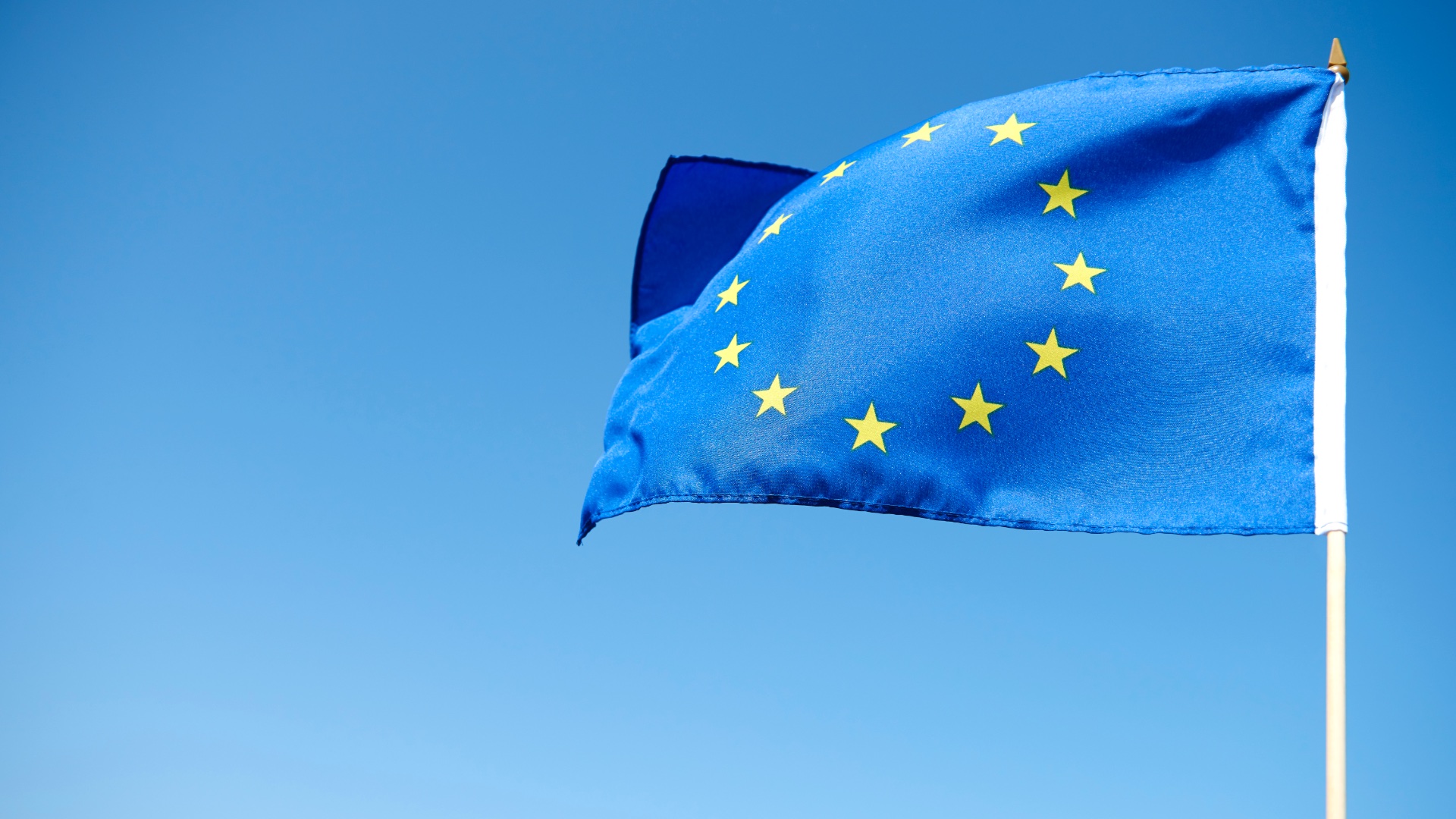The joint voice of two German tech giants , SAP and Siemens, signals that Europe is at a crossroads when it comes to the future of artificial intelligence development. Their CEOs have called on the European Union to revise the rules governing AI, arguing that the current legal framework not only fails to support innovation, but actually stifles it.
At issue is the EU’s Artificial Intelligence Act, which came into force in 2024. It presupposes the classification of AI systems according to their level of risk and forces them to meet detailed security, transparency and ethical requirements. Brussels wants to prevent abuse in this way, but, as Christian Klein of SAP and Roland Busch of Siemens point out, the side effect is a slowdown in the European pace of innovation.
Their objections are not just about AI legislation. They also criticise the EU’s Data Act, which sets out how consumer and corporate data can be used. Busch even described it as ‘toxic’ to the development of digital business models. According to the two leaders, before Europe invests billions of euros in data centres, it should first change the rules of the game – and unlock access to already existing data assets.
It is a critical voice, but not an isolated one. In recent months, Alphabet, Meta and other tech players have called on the EU to delay the implementation of regulations, fearing their impact on competitiveness. Paradoxically, however, rigid regulations may be one of the reasons why Europe cannot keep up with the US and China in the race for dominance in AI.
Brussels, on the other hand, wants to avoid a repeat of the social media era, when regulation failed to keep up with technology. In this context, the current law is an attempt at prevention rather than reaction. The problem is that it may come too soon and too restrictively, blocking local innovators before they have time to spread their wings.
Europe today faces a choice: either risk more freedom for AI development or resign itself to being a consumer of technologies developed elsewhere. The voice of SAP and Siemens is a reminder that the time for decision is running out.












